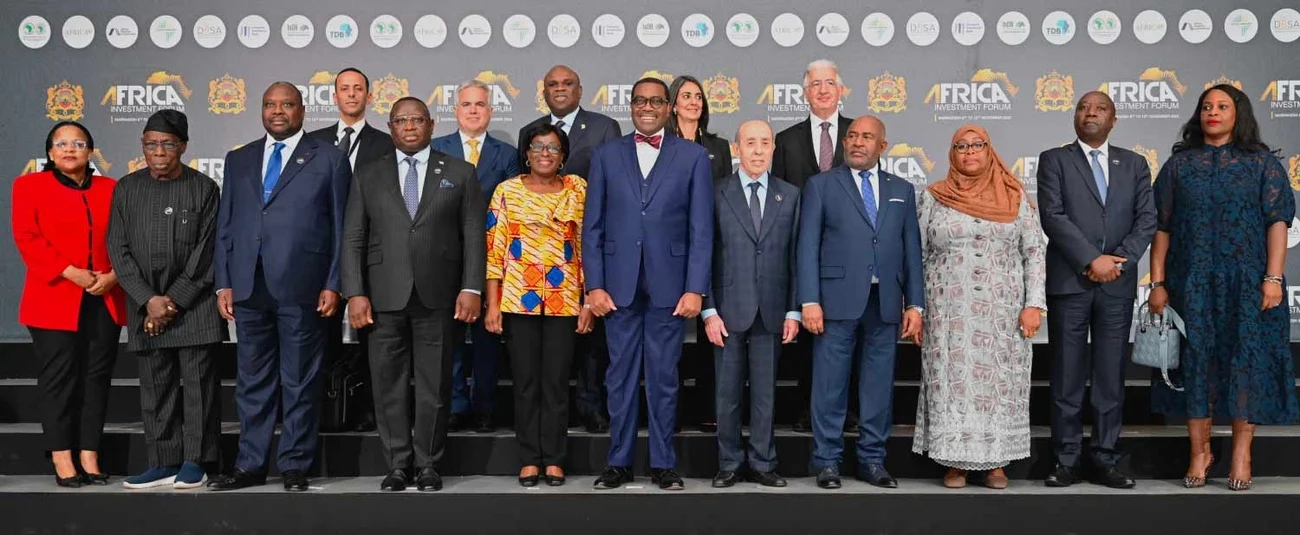Morocco champions financial collaboration at Africa investment forum for sustainable development

Morocco is set to strengthen collaboration between financial institutions and investors to drive sustainable development across Africa.
This initiative underscores the role of key African financial entities, including the African Central Bank (ACB), the African Monetary Fund (AMF), and the African Investment Bank (AIB), which are pivotal to enhancing regional integration and socioeconomic growth in alignment with the economic integration objectives outlined in the Treaty Establishing the African Economic Community, known as the Abuja Treaty.
Speaking at an exclusive briefing ahead of the Africa Investment Forum (AIF) transactional sessions, Yacine Fal, a representative of the African Development Bank (AfDB), highlighted the critical involvement of new players, such as export credit agencies and insurance companies.
She emphasized their potential to diversify the investor base and offer essential support to small and medium-sized enterprises (SMEs) across Africa.
Fal reiterated the importance of the AIF, which was launched by the AfDB in 2018 as a strategic platform to attract investment to Africa.
“Since its inception, the AIF has facilitated transactions covering 245 projects, with a total value of $243 billion,” she stated.
Beyond its transactional focus, the AIF aims to draw global investors’ attention to African opportunities, despite the challenges posed by high costs and perceived risks on the continent.
The platform is also aligned with G20-backed reforms aimed at modernizing multilateral financing and attracting capital to sustainable initiatives.
This year’s forum is expected to see increased participation from export credit agencies and insurers—key but often underrepresented players in international trade financing.
Abdelkrim Achir, Deputy Director of Treasury and External Finance at Morocco’s Ministry of Economy and Finance, emphasized the significance of the 2024 edition of the AIF as it coincides with Morocco’s efforts to boost public investment and encourage private sector involvement.
These efforts include accelerating the 2023-2026 roadmap to improve the business climate, fulfilling the objectives of the Mohammed VI Investment Fund, and rolling out sector-specific strategies like the “Morocco Digital 2030” strategy and the Green Hydrogen Morocco initiative.
Achir also stressed the importance of granting greater autonomy to Regional Investment Centers (CRIs) to foster balanced territorial attractiveness and enhance local and regional decision-making.
The choice of Morocco as the host for the AIF for a second consecutive year reflects international recognition of the Kingdom’s efforts to promote investment and its role as a regional growth hub.
The 2024 AIF will be held in Rabat from December 4 to 6, under the theme “Leveraging Innovative Partnerships for Scale,” spotlighting the critical need for innovative partnerships in addressing current economic challenges.
About The Author
dailymailafric
I am an avid African news observer, and an active member of Daily Mail Africa.
I’m Passionate about staying informed on diverse topics across the continent,
I actively contribute to publishing on political, economic and cultural developments in Africa.



